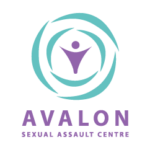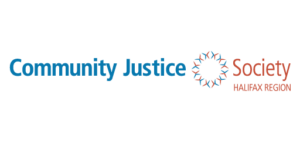About CAPSAP
The CAPSAP Methodology
Culture and Perspectives on Sexual Assault Policy (CAPSAP) is a 4-phase study conducted at 4 universities in Nova Scotia to gather diverse student perspectives on university sexual assault or sexual violence policies (SV/SA policies). The principal objective of the study has been to provide information that can support university administrators and service providers in providing sexual assault services and responses that fit the needs and perspectives of their culturally diverse student populations.
Focus Groups
In phases 1 and 2, 42 focus groups were held at Cape Breton University, Dalhousie University, Mount Saint Vincent University, and Saint Mary’s University. Participants in each focus group, including student facilitators, shared the same gender-identity and cultural identity (e.g., female-identified and Chinese-identified; and male-identified and Chinese-identified; female-identified and West African-identified; male-identified and West African-identified). One focus group comprised of transgender and non-binary participants has been held to date, and more may be added in the future.
Each focus group reviewed slides summarizing their SV/SA policy, then discussed their perspectives on the policy. Through examining the data, members of the research team identified a wide range of perspectives based on gender and cultural region. A grounded theory analysis of the data and review of current literature resulted in in publicly available reports specific to each institution. Reports listed recommendations for the amendment and implementation of policies and for strategies and initiatives to rectify identified gaps, thus increasing student safety.
View the focus group discussion guide
Arts-Based Workshop
In phase 3, we collaborated with a committee of university staff, students, and members of the broader community, to deliver a virtual 3-day workshop for students from participating institutions. The CAPSAP workshop involved breakout sessions during which participants learned about their university sexual assault policies and reflected on transcript passages generated by members of their own cultural communities. Participants then created artwork, some of which appears on this website, relating to what they learned or discussed during the workshop.
Website Production
Finally, in Phase 4, we produced this media-rich web-based training and information resource for university-based sexual assault responders and other interested parties. The website is intended to increase the sexual violence prevention and response capacities of postsecondary institutions in our province, with particular attention to cultural sensitivity and anti-racism.
The recommendations found here relate to:
- support people (the characteristics and qualities participants see as helpful for responding to sexual violence)
- education and awareness (the strategies participants suggested for raising awareness among students)
- policy considerations (elements that should be included in policy or highlighted on educational materials and during information sessions)
- virtual communication tools to facilitate education about sexual violence and sexual violence/assault policies, or that would facilitate disclosure
- administrative considerations (relating to the development, application, and review of SV/SA policies).
The website also contains a variety of tools to help realize the recommendations we put forward.
Community Partners




